Simplifying Hotel Revenue Reconciliation: Top 4 Challenges Explained
Identifying the most common hurdles in hotel revenue management
Every hotel experience, from a seamless check-in to a memorable dining moment, leaves a trail of financial data. Behind the scenes, ensuring that this data accurately reflects the revenue generated is a critical task for hotel accounting teams.
Revenue reconciliation isn’t just about matching numbers, it’s about building trust in the financial health of your hotel and ensuring the alignment of operations across departments. In an industry where efficiency and accuracy are paramount, even small errors or delays in reconciliation can lead to larger operational disruptions.
Content
1. The Importance of Accurate Production Reconciliation in Hotels
2. Key Challenges in Hotel Revenue Reconciliation
3. Building a Foundation for Financial Accuracy and Efficiency
1. The Importance of Accurate Production Reconciliation in Hotels
The production reconciliation process in a hotel is an essential step in ensuring the accuracy and alignment between the services delivered (production) and the revenue recorded. This process matches production metrics, such as occupied rooms or meals served, with the corresponding revenue entries in the hotel’s accounting system.
When these figures align, it verifies that all services have been accurately billed and recorded, providing a reliable foundation for financial reporting and performance analysis.
However, this process is not without challenges. Let's explore four common issues faced by hotel accounting teams during production reconciliation and their potential impacts.
2. Key Challenges in Hotel Revenue Reconciliation
1. Data Entry Errors and Missed Postings
Manual data entry is a common source of errors, from missed charges on guest bills to incorrect entries for room services or restaurant sales. Even minor data input mistakes can disrupt the balance between production metrics and revenue figures, complicating reconciliation efforts and creating mistrust in financial data accuracy.
2. Timing Differences and Delayed Updates
Timing discrepancies often occur when there’s a gap between when services are provided (e.g., a guest checking in) and when revenue is recorded in the accounting system. These delays can make it challenging to reconcile accounts, as accounting teams must track and align figures from different periods, leading to time-consuming corrections.
3. Complexity in Multi-Departmental Reconciliation
For larger hotels with multiple departments such as Rooms, Food & Beverage, and Events, aligning production and revenue data can be complex. Each department may operate its own systems and processes, creating data silos that hinder centralized reconciliation and increase the risk of errors.
4. Inconsistent Data from Multiple Systems
Hotels often use multiple systems for managing reservations, point-of-sale transactions, and other services. When these systems are not fully integrated, inconsistencies in how data is recorded can lead to discrepancies and slow down reconciliation processes. Addressing these inconsistencies requires substantial time and effort from accounting teams.
3. Building a Foundation for Financial Accuracy and Efficiency
Accurate revenue reconciliation is the backbone of effective hotel management. By recognizing and addressing these key challenges, hotels can lay the groundwork for improved financial accuracy, operational efficiency, and guest satisfaction.
Stay tuned for our next article, where we explore how Bring IT’s Hospitality 360 solution can transform your hotel’s operations.



All Rights Reserved




US Headquarters
600 Park Offices Drive, Suite 300
Durham, NC
27709, United States
Mexico
Av Union 163, 10th floor
Colonia Americana,
Guadalajara, Jalisco, Mexico
Colombia
Cra 13 #90-17
Piso 7 Oficina 97
Bogotá, Colombia
Brazil
Av Nacoes Unidas, 14.261 - Torre A - Piso 5
Sao Paulo - SP - Brazil
Spain
Avenida de Príes, 32
CP 29016 Málaga, Spain
Philippines
1406 Centerpoint Bldg
Garnet Road, Ortigas Center, Pasig City, Metro Manila Philippines
Netherlands
Emmasingel 33 5611 AZ,
Eindhoven, Noord-Brabant Netherlands
Panama
Calle 63A - 31
Urbanización Los Angeles,
Corregimiento de Betania,
Provincia de Panama. Panama
Connect with us!











